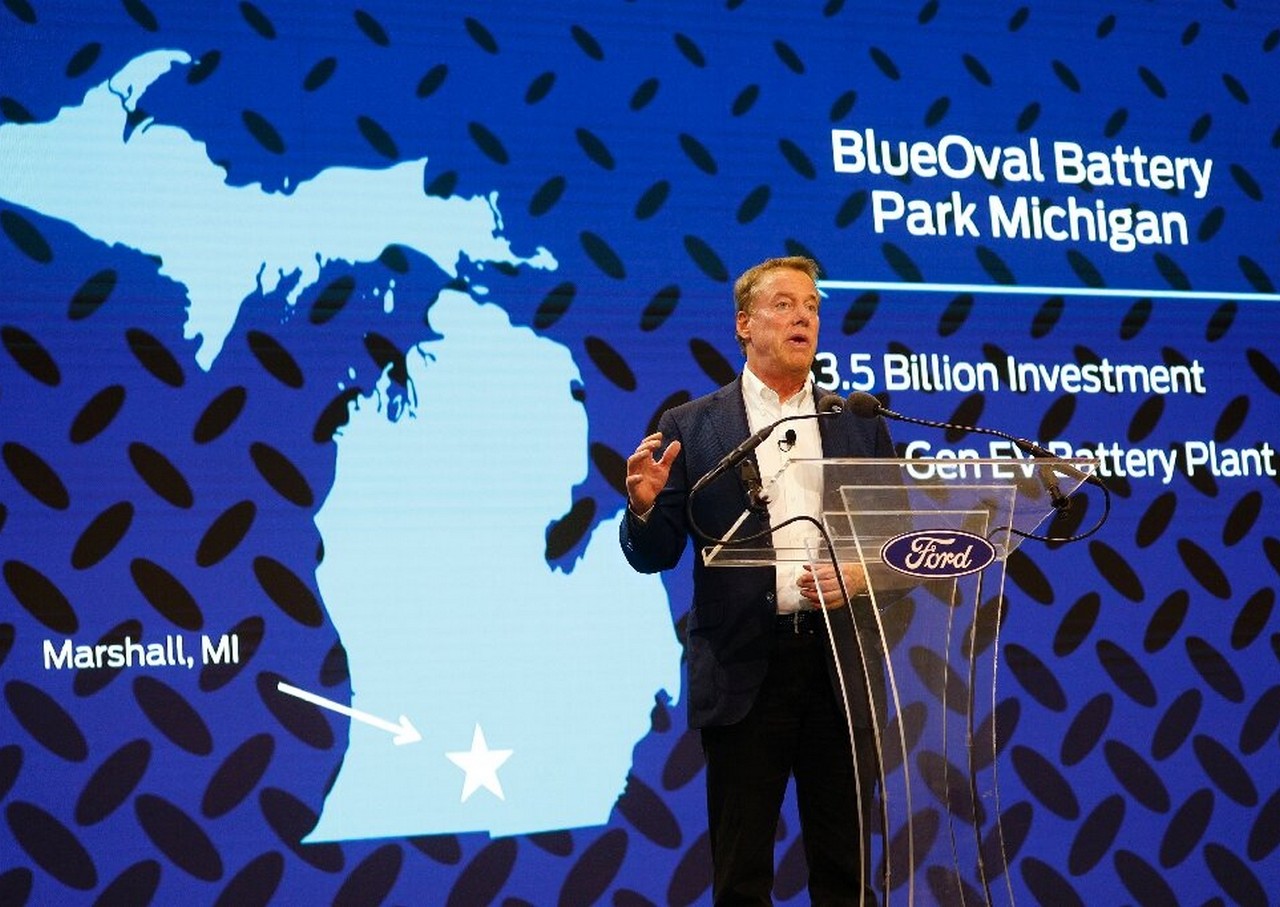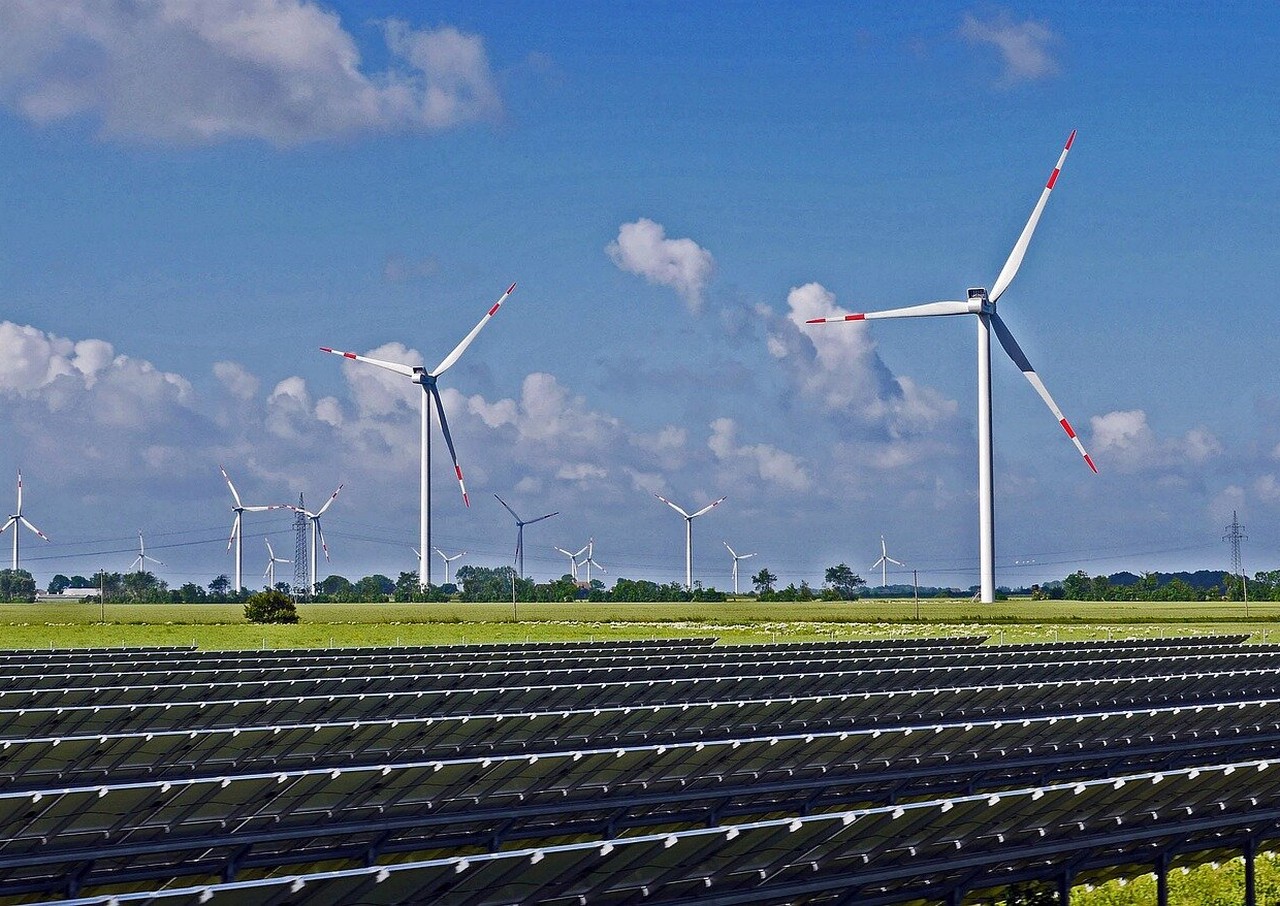The EU is making ready to desert its longstanding restrictions on state assist to tackle US and Chinese language subsidies over inexperienced applied sciences. European Fee president Ursula von der Leyen is spearheading a brand new dedication from EU leaders to “act decisively to make sure its long-term competitiveness, prosperity and function on the worldwide stage”.
She has talked about the necessity to counter hidden subsidies from the Chinese language, each in inexperienced tech and in different sectors, although the set off for the EU’s new strategy is absolutely President Joe Biden’s Inflation Discount Act (IRA). This has dedicated the US to a file US$369 billion (£305 billion) to inexperienced its financial system, together with utilizing tax breaks and subsidies.
It successfully tears up the worldwide consensus round not utilizing state assist, embracing what the US has railed towards for years. The Economist has stated that globalization is not about racing, however racing and tripping others.
The EU is now proposing to introduce its personal tax credit and subsidies for cleantech firms, in addition to fast-tracking regulation on this space.
In the meantime, the UK has been coming below stress from the likes of automotive producers to reply. To this point, it has been looking for exemptions to the US’s common strategy of solely providing incentives to merchandise made in America, whereas additionally claiming the UK has no have to subsidize these sorts of areas as a result of it’s already forward.
The economics of this drift to protectionism are worrying. Our current analysis on the results of state subsidies in China counsel that such insurance policies may do the US and EU economies extra hurt than good general.
What the analysis says
Because the daybreak of the commercial revolution, states have performed a big function in creating their economies. China is the current prime instance, the place the usage of subsidies to develop specific industries resembling electrical vehicles or photo voltaic panels has been extremely seen.
India appears to be shifting in the identical path. The federal government is paying half of the price of making pc chips, amongst a wide range of incentives to encourage funding in several sectors.
Equally, within the developed world, authorities procurement has pushed many world-changing improvements. Entire sectors resembling biotech and knowledge know-how relied on authorities procurement to get began. America’s Silicon Valley initially grew on the again of army contracts, for example.
Analysis on this space does acknowledge a case for subsidizing toddler industries during which a rustic needs to specialize. China’s state subsidies within the metal and photo voltaic panel industries can be a great instance.
But there’s a value to be paid: the cash a authorities spends signifies that much less will likely be obtainable for serving to its residents in different methods. For instance Brazil’s wheat-industry subsidies within the Eighties had been estimated to have produced a web lack of 15% to welfare spending.
Across the similar time, it was estimated that if the EU eliminated the frequent agricultural coverage, the additional cash obtainable for presidency spending may enhance actual incomes by between 0.3% and three.5% as a proportion of GDP. Findings like these most likely clarify why the World Commerce Group has discouraged state assist for many years.
Penalties
The brand new inexperienced subsidies will create winners and losers at totally different ranges. Throughout the EU, for instance, it’s going to un-level the enjoying subject between member states. These that may afford to spend extra on their inexperienced tech industries will doubtlessly crowd out these with much less.
Even inside a rustic, there’s unlikely to be a win-win. Our analysis crew has not too long ago printed a paper about China’s subsidies, utilizing a brand new strategy that makes it potential to estimate the direct and oblique results on sponsored and non-subsidized companies on the similar time.
That is the primary time anybody has checked out subsidies on this manner. Our undertaking checked out 1998-2007, since these had been the years the place the required information was obtainable.
We discovered that sponsored companies turn into comparatively extra productive, thus making them extra aggressive. But companies that aren’t sponsored can see their productiveness development decreased.
The figuring out issue is whether or not they function in a geographical cluster alongside sponsored companies. When greater than 1 / 4 of companies in a cluster in China had been being sponsored, the rest suffered.
These shedding out had been usually foreign-owned companies and people owned by the Chinese language state, whereas non-public Chinese language companies had been the beneficiaries.
After we aggregated all the information, it confirmed that this unfavourable oblique impact tends to dominate. In different phrases, subsidies produce unintended losers and make the market much less aggressive and extra inefficient as an entire.
The underside line is, subsidies should not with out issues, even for China. Within the final decade we have now seen what “losers” can do to an financial system, or a society—consider actions in the direction of populism and autocracy in lots of locations.
Due to this fact, there must be a extra thorough debate about the advantages and prices of subsidies earlier than states apply them, and a few fastidiously designed insurance policies to organize for the potential losers.
Offered by
The Dialog







